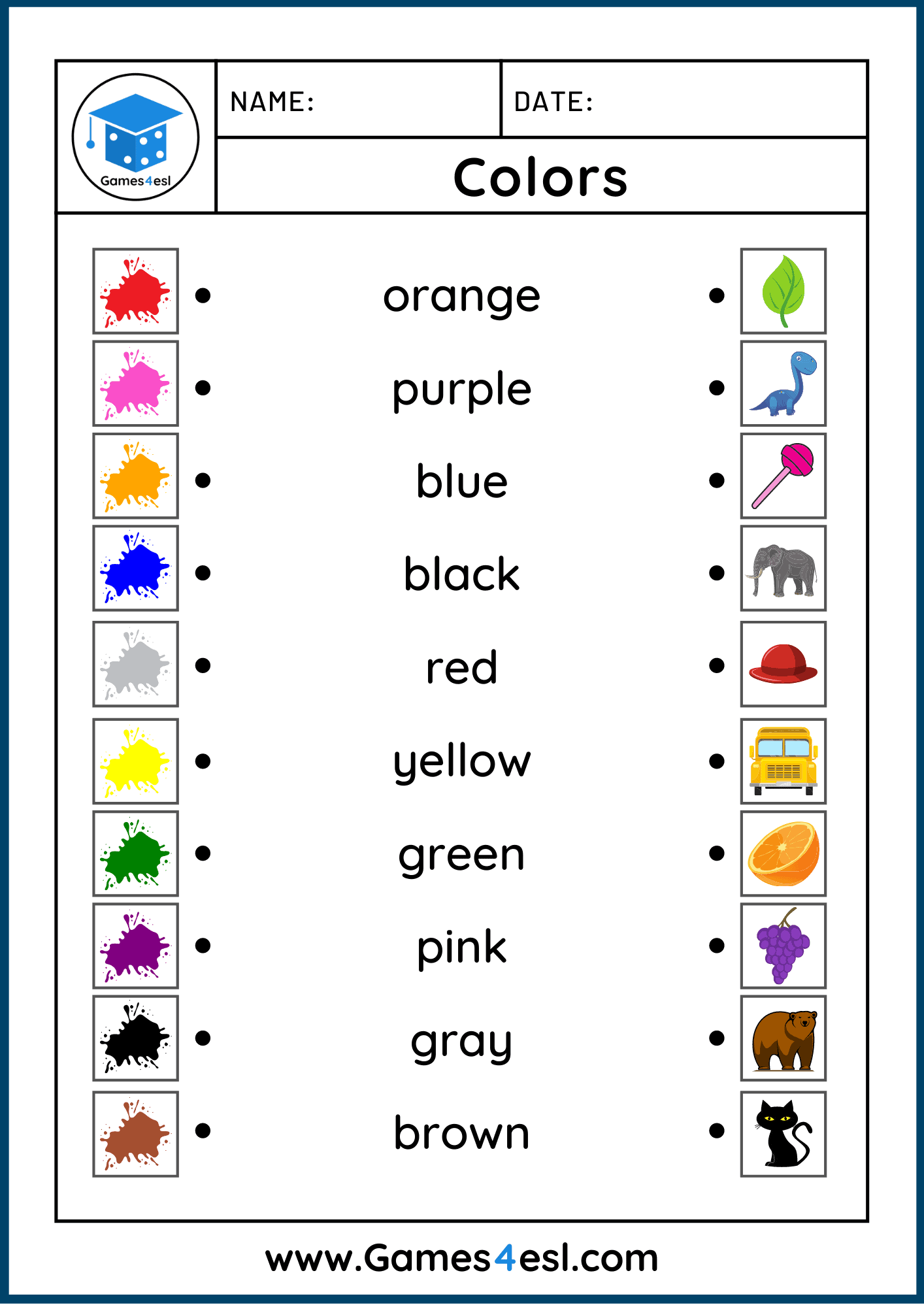We all encounter the color gray in our daily lives: from the cloudy skies above to the sleek asphalt beneath our feet. But when putting pen to paper, or fingers to keyboard, many of us hesitate. Is it “gray” or “grey”? The uncertainty lingers, leaving us wondering if we’re committing a grammatical faux pas. In the world of spelling, this seemingly simple question triggers a debate as old as time itself.

Image: games4esl.com
The color gray holds a fascinating history, often associated with neutrality, sophistication, and even melancholy. Its spelling, however, is anything but neutral, sparking ongoing discussions among language enthusiasts and grammar purists alike. Let’s delve into the captivating world of “gray” vs. “grey” and uncover the truth behind this linguistic conundrum.
Understanding the Origins of “Gray” and “Grey”
A Tale of Two Spelling Traditions
The root of the debate lies in the evolution of the English language. Both spellings find their roots in Old English, ultimately stemming from the Proto-Germanic word “grāwaz.” Over time, the spelling variations emerged due to the influence of different writing traditions. The “gray” spelling gained popularity in American English, while “grey” prevailed in British English.
Why the Difference?
The divergence in spelling reflects the unique linguistic paths taken by these two branches of the English language. The evolution of spelling, pronunciation, and even vocabulary often diverged in the two regions. The “grey” spelling retained the earlier Germanic spellings, while “gray” represents a simplified, more phonetic approach that became common in American English.

Image: englishteachers.medium.com
Is One Spelling More Correct?
The answer, surprisingly, is both! There is no single “correct” spelling for the color gray. Both “gray” and “grey” are considered acceptable in their respective regions and within the broader realm of English language conventions.
Navigating the “Gray/Grey” Landscape
The American vs. British Divide
The choice between “gray” and “grey” largely hinges on the context of your writing. In American English, the correct spelling is “gray.” If you’re writing for an American audience, sticking to “gray” is the safest bet. For British English, “grey” is the preferred spelling. If your writing is targeting a British audience, “grey” is the appropriate choice.
Beyond the Borders: Choosing Your Spelling
When dealing with global audiences or international publications, the situation becomes a bit more nuanced. Consider the intended readership and the language preferences of your target audience. If unsure, it’s always best to consult style guides or dictionaries or simply choose one and stick to it for consistency.
The Art of Consistency
Regardless of your chosen spelling, consistency is key. Once you’ve decided on “gray” or “grey,” stick with your decision throughout your writing. Switching between spellings within the same document can appear unprofessional and distracting to the reader.
The Gray Zone: Modern Trends and Insights
Despite the well-established spelling differences, the internet age has brought exciting developments to the world of English usage. The rise of online communication and globalized content has blurred the lines between American and British English. An increasing number of writers, particularly in online forums and social media, have adopted the more concise, phonetic “gray” spelling regardless of their location. This trend suggests a move towards a more standardized spelling of gray, potentially bridging the traditional divide.
Expert Tips for Mastering the “Gray/Grey” Dilemma
Consult Style Guides
For writers, especially those working on formal documents or publications, consulting style guides is paramount. Style guides, such as The Chicago Manual of Style or the Associated Press Stylebook, provide specific rules and guidelines for spelling, grammar, and punctuation. These guides can clarify the preferred spelling of “gray/grey” within various settings.
Consider Your Audience
Ultimately, the best way to choose the spelling that’s right for you is to consider your intended audience. If you’re writing for a primarily American audience, use “gray.” If your audience is primarily British, use “grey.” For broader audiences, use the spelling that aligns with the predominant tone and style of your writing.
Frequently Asked Questions:
Q: Is it correct to use “gray” in British English?
A: While “grey” is the traditional spelling used in British English, “gray” is becoming increasingly acceptable in certain contexts, particularly in online writing and informal communications.
Q: Is there a difference in pronunciation between “gray” and “grey”?
A: No, the pronunciation is identical despite the spelling variations.
Q: Which spelling is most commonly used in modern English?
A: “Gray” is the more commonly used spelling in the global context, with a growing number of writers, regardless of their location, choosing the simpler and more phonetic spelling.
Q: Should I use “gray” or “grey” in a formal academic essay?
A: If your audience is primarily American, “gray” is acceptable. If your audience is primarily British, “grey” is typically used. It’s best to check the specific formatting guidelines of the academic journal or institution.
What Is The Correct Spelling For The Color Gray
Conclusion
The debate over “gray” vs. “grey” underscores the dynamic nature of language evolution. While both spellings are correct within their respective regions, the trend toward “gray” suggests a potential shift toward a more standardized global spelling. Remember, always consider your audience and the context of your writing when deciding on the appropriate spelling. Ultimately, consistency, clarity, and effective communication remain the hallmarks of every successful piece of writing. Do you prefer “gray” or “grey”? Share your opinions and experiences in the comments below!






